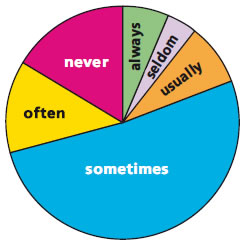Interviewer (I): We are very happy to have such a famous person here today.
Guest (G): I am always happy to talk about sports with children!
I: How did you become so famous?
G: I practise a lot. I (1)____well. I (2)_____ healthily.
And, my family is always behind me.
I: How many hours do you (3)__________each day?
G: Usually about (4)___ hours, plus I always go to the gym to keep fit.
I: Is the (5)_______you eat important?
G: Yes, it is very important for a (6)___________ player to eat well, like any
other professional sports person.
I: After a very successful career in Greece nearly winning the world cup, you are
now living in the States.
Do you enjoy life in Houston?
G: It's different but I like it very much. I sometimes miss home. Of course I
still (7)_______for Greece and I often come to Athens.
I: What do you (8)_______in the evenings in Houston?
G: I often (9)__________Greek films!!
I: What do you have to recommend to young children who want to
play basketball at a professional level?
G: You can be successful only if you always (10)________ very hard and you
are passionate about the game.
And of course you need to be talented as well.
I: Thank you. It was a pleasure having you here.













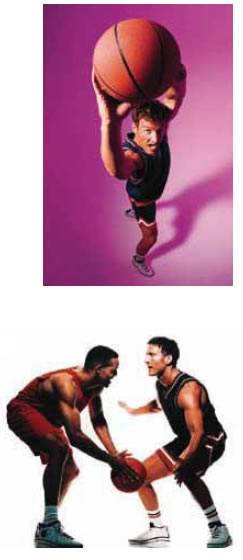



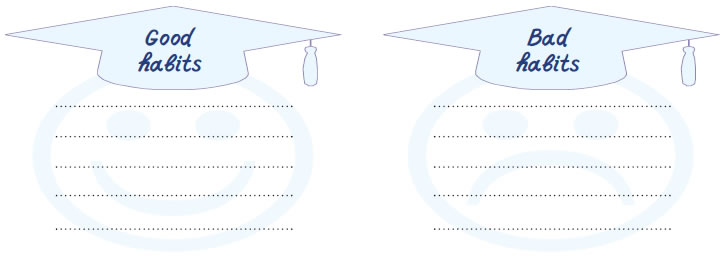


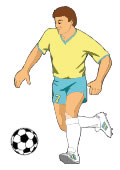
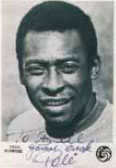


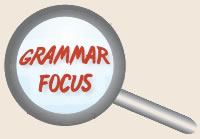
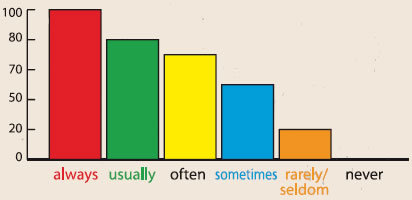

 often
often